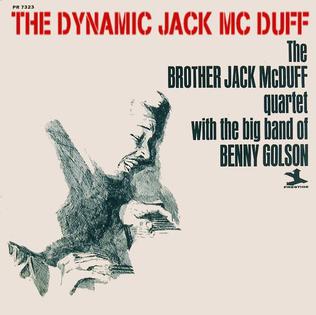LISTEN TO ONE: Let's Go Sit on the Lawn
Bluesville is gone, but Prestige is not quite done with the blues, so here is Lightnin' Hopkins back in the studio for two days, and two albums' worth of songs.
The details of many early blues recordings under hastily thrown-together conditions and often for obscure fly-by-night labels are shrouded in mystery, but this is hardly an early recording or a fly-by-night label, and a certain amount of confusion abides.
Wikipedia's entry for for the first-released album,
Down Home Blues, lists it as a Bluesville release, and gives a catalog number, BVLP 1086. Stefan Wirz, the German blues discographer, lists it in his Bluesville discography, with a catalog number of 1086. Jazzdisco, the Japanese jazz discographical site, lists it as a Prestige release, catalog number PR 1086.
Wirz's illustrated discography shows the album cover, and the same album cover can be found on the Wikipedia site and the Discogs site, so it would seem to be the only album cover. All of these covers bear the Prestige logo and not the Bluesville logo. Further, the Discogs site also shows the back cover, with the Prestige logo and the words Prestige 1086. Which should settle the matter...except...
Prestige has no PR 1000 line. And Prestige Bluesville did, and BVLP 1086, were it anywhere on the label or the packaging, would fit quite nicely into it, as the last Bluesville recording (save only BVLP 1089, the belated release of a 1961 session with Scrapper Blackwell protégé Shirley Griffith).
The rest of it is fairly straightforward. Well, maybe not. The sessions were recorded in New York City (Jazzdisco) or Englewood Cliffs (Wikipedia) with Ozzie Cadena producing (Discogs) or Sam Charters (Wikipedia). The sleeve of Soul Blues lists Ozzie as producer.
Chris Albertson, a frequent Prestige producer who wrote the liner notes to both albums, says that:
The rhythmic accompaniment is supplied by bassist Leonard Gaskin who has recorded with Hopkins before but whose wide range of musical associations also include Miles Davis, Dizzy Gillespie, Charlie Parker and Eddie Condon, and drummer Herbie Lovell who counts Earl Hines, Arnett Cobb, Teddy Wilson and Buck Clayton among his past associates.
Which would seem to suggest that Gaskin and Lovell are once again recording with Hopkins. But The Penguin Guide to Blues Recordings posits that "Gaskin and Lovelle's parts were probably added at overdub sessions." That would not have been Prestige's normal way of doing things.
The recording took place over two days, with all of the songs that would appear on Down Hone Blues and some that were destined for Soul Blues recorded on May 4, and the rest on May 5 -- Monday and Tuesday.
Hopkins was probably the most-recorded of all the country blues singers, under his own name and a variety of others. He has appeared on seven earlier Prestige recordings -- as a solo, with other Houston bluesmen, with New York jazz musicians. One would have to be awfully dedicated to collect everything he ever recorded. But if one wanted to start listening to Hopkins, or add a little to an ongoing collection, any of these Prestige recordings would be good. These two albums, or the Double Blues reissue put out by Fantasy on LP or CD, with Rudy Van Gelder's sound engineering, would be excellent.
Two 45 RPM singles came from this session: "Let's Go Sit On The Lawn" / "I Like To Boogie" and "I'm Going To Build Me A Heaven Of My Own," Parts 1 & 2.

.jpg)







